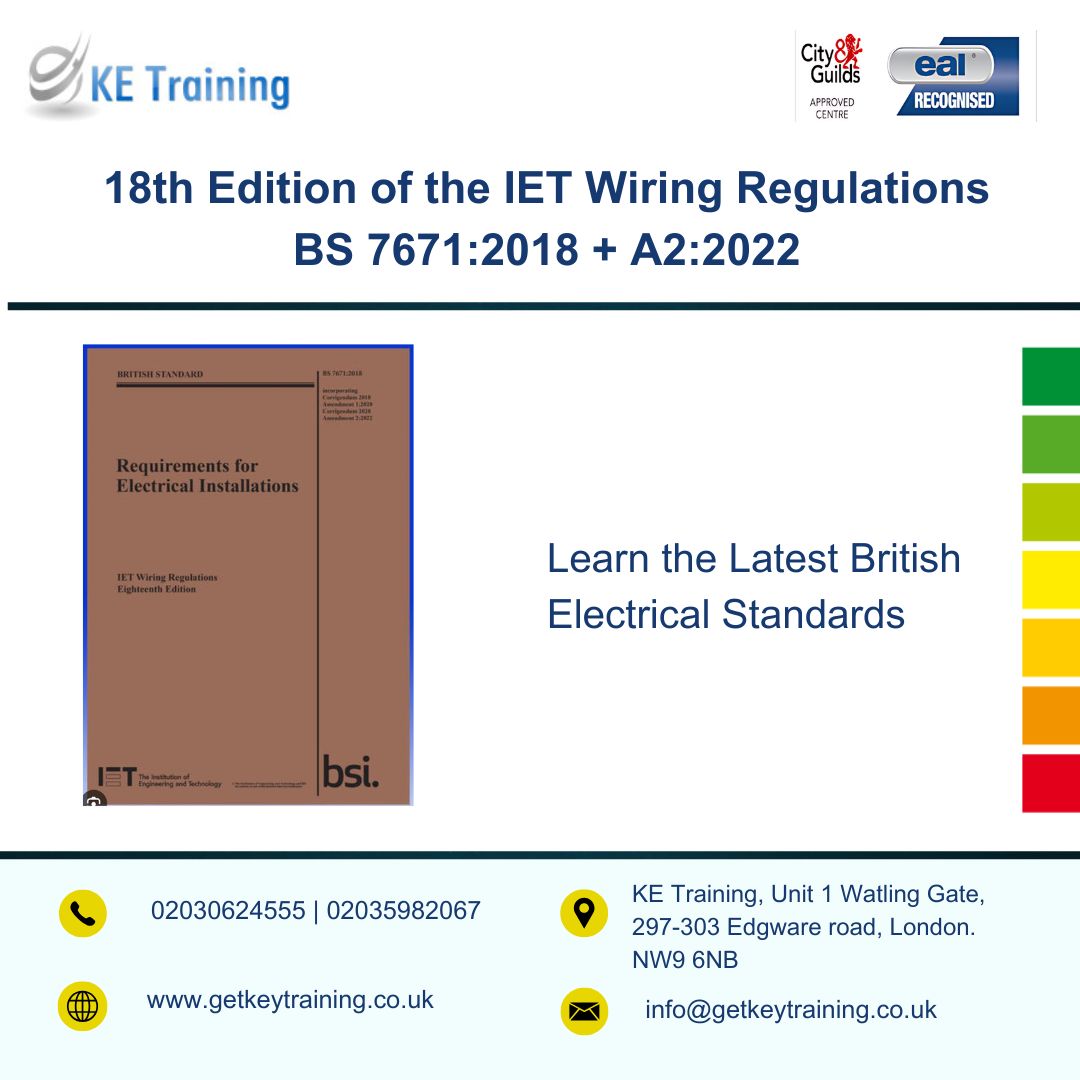This is a Freebox. You can put any valid HTML in here. Or disable this feature if you don't need it.

Preparing for Electrical Exams During Holidays: A Comprehensive Guide
2025-01-23
Becoming a fully qualified electrician takes years of study and practice. Avoid misleading advertisements promising quick certifications. The journey requires dedication, structured learning, and consistent effort.
Studying for electrical exams over the holidays can be highly effective if you plan ahead and utilize the right tools. However, becoming a fully qualified electrician is neither a short nor simple process. The qualifications framework has evolved, and the paths to becoming an electrician have become more intricate than ever. Here’s a detailed guide to help you navigate this journey and prepare effectively during your holiday period. 1. Plan Your Study Schedule Set Clear Objectives: Identify the topics or modules you must focus on. Divide Your Time: Balance your vacation days between study blocks and relaxation. Prioritize Weak Areas: Dedicate extra time to subjects or skills that you find challenging. 2. Understand the Qualifications Framework Since the qualifications framework changed in 2012, the journey to becoming an electrician has grown more complex. Depending on your age and circumstances, your path might differ: Apprenticeships: Ideal for younger learners, combining practical experience with structured education. Adult Learners: If an apprenticeship isn’t an option, consider completing Level 2 and Level 3 qualifications to improve your chances for future placements. Domestic Electrician Courses: These short courses provide limited knowledge and are not sufficient for becoming a fully qualified electrician. Key Qualifications to Obtain: C&G 2357-13 NVQ Level 3 Diploma in Installing Electrotechnical Systems and Equipment. C&G 2357-23 NVQ Level 3 Diploma in Electrotechnical Services (Electrical Maintenance). These can be achieved via an apprenticeship or later through workplace-based learning. Alternative Path: Gain the C&G 2365 Level 2 and Level 3 Diplomas in Electrical Installations if apprenticeships are unavailable. These classroom-based courses are ideal for entry into the electrical industry, leading to further NVQ and AM2 qualifications. 3. Compile Essential Study Materials Course Notes: Review notes from training sessions like those offered by KE Electrical Trainings. Textbooks and Manuals: Use recommended texts for in-depth understanding. Practice Papers: Familiarize yourself with exam formats using sample questions and past papers. 4. Enhance Learning with Online Resources Video Tutorials: Revisit recorded lectures and tutorials. Interactive Tools: Use simulation software to strengthen your understanding of circuit designs. 5. Practical Application Lab Sessions: Practice wiring, circuit analysis, and troubleshooting in a controlled environment. DIY Projects: Build small electrical setups to reinforce theoretical knowledge. 6. Focus on Key Topics Electrical Laws: Brush up on Ohm’s Law, Kirchhoff’s Law, and system design. Safety Standards: Familiarize yourself with electrical safety protocols. Mathematics: Master formulas and computation techniques relevant to electrical engineering. 7. Gain Additional Qualifications To become fully qualified, the following certifications are essential: Mandatory Qualifications: 18th Edition Wiring Regulations (BS 7671:2008): Covers the British standards for electrical installations. A short course (4-5 days) with an online assessment. C&G 2391-52 Level 3 Award: Combines initial verification and periodic inspection of electrical installations. This is the most comprehensive qualification for inspection testing. Optional but Beneficial Courses: C&G 2392 Level 2: Fundamental inspection and testing basics. PAT Testing (C&G 2377): A two-day course for portable appliance testing. Emergency Lighting: A two-day course on designing and installing emergency lighting systems. CompEx EX01-04: For those aiming to work in hazardous environments like oil and gas industries. 8. Develop Time Management Skills Mock Tests: Simulate exam conditions to improve speed and accuracy. Timed Practice: Solve problems within set time limits to build confidence. 9. Stay Motivated Set Rewards: Celebrate small milestones. Healthy Routine: Maintain a balance of study, exercise, and adequate sleep. Stay Positive: Use the holidays as an opportunity to focus without interruptions. 10. Worksite Requirements If you wish to work as an electrician on construction sites, you will need an ECS/CSCS card to prove your identity, competence, and qualifications. Final Thoughts Becoming a fully qualified electrician takes years of study and practice. Avoid misleading advertisements promising quick certifications. The journey requires dedication, structured learning, and consistent effort. Use the holidays as a stepping stone to achieve your goals and set a strong foundation for your career in electrical engineering. Good luck, and keep progressing!
DownloadPowered by Podcast Generator, an open source podcast publishing solution | Theme based on Bootstrap